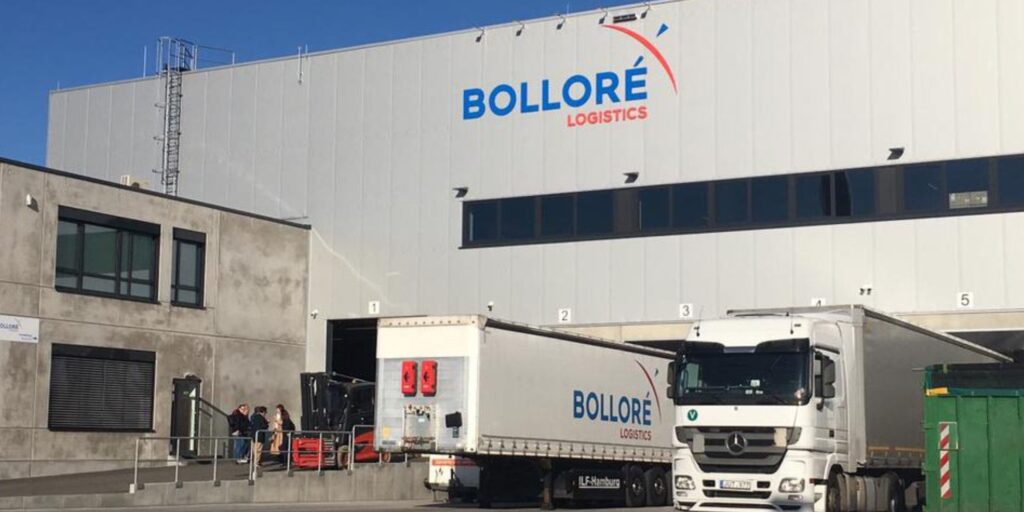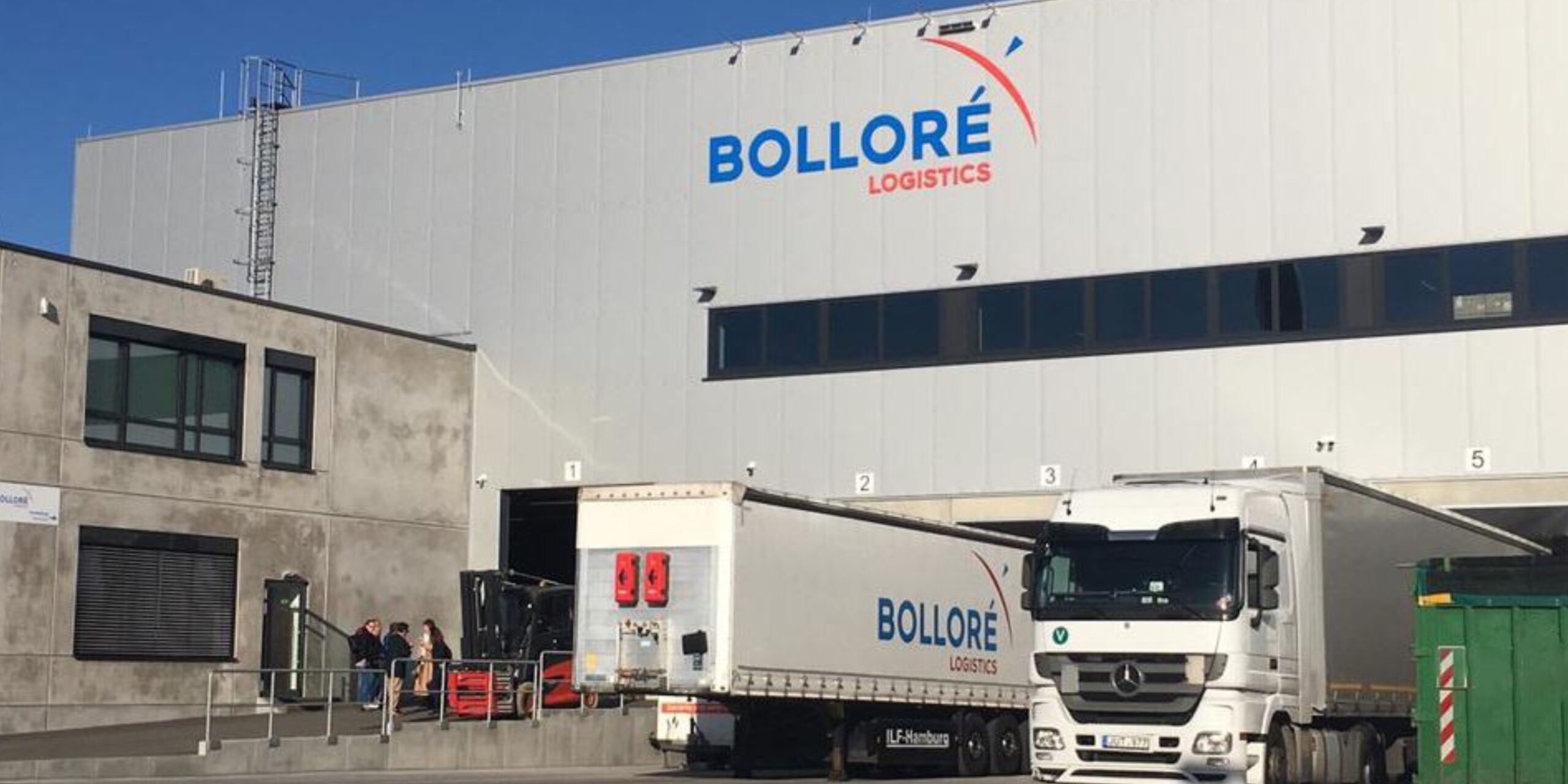These logistics companies serve as the foundation of trade and commerce and are essential in overseeing intricate supply chains that span several geographical areas, guaranteeing smooth connectivity and effectiveness. We will examine the scope, impact, and noteworthy contributions made by these three important African logistics companies to the continent’s rapidly developing economy in this blog post.
Africa's Top Logistics Companies
Unravelling the Giants

Image Credit: Bolloré Transport & Logistics / Air Cargo News
Bolloré Transport & Logistics, Imperial Logistics, and DHL Africa are three businesses that are particularly notable throughout Africa due to their size and influence.
- Bolloré’s extensive network enables them to offer comprehensive logistics solutions that efficiently facilitate trade throughout the continent by offering warehousing and transportation services.
- With its headquarters in South Africa, Imperial Logistics has made a name for itself as a pioneer in supply chain management. It provides end-to-end services including freight management, distribution, and procurement.
- In the meantime, DHL Africa makes use of its worldwide reach to improve logistics processes and guarantee that companies in Africa are easily connected to global markets.
Each of these logistics companies is essential to the smooth operation of complex supply chains, which promotes economic expansion.
This smooth flow would not be possible without capable and well-educated supply chain professionals. If you are a supply chain professional looking to advance your career and the African economy, explore the Professional Certificate in Logistics and Transport offered by the IMM Institute. This certificate unpacks the symbiotic relationship between organisational culture, leadership, collaboration, and ethical considerations within the logistics and transport sector.

Their Economic Impact
Leading logistics companies in Africa have a significant and wide-ranging economic influence. These businesses considerably lower trade costs by guaranteeing the smooth flow of commodities across borders, increasing the competitiveness of African markets on a worldwide scale. Both directly in the logistics sector and indirectly in allied industries like manufacturing and retail, they generate a great deal of job opportunities. Infrastructure development, including ports, highways, and warehouses, has been funded by Bolloré Transport & Logistics, Imperial Logistics, and DHL Africa. This not only helps trade but also draws in international investment and boosts local economies.
Additionally, their attempts to streamline supply chains contribute to price stability and increased product availability, both of which are essential for a stable economy. These logistics companies’ inventions and technological advancements propel modernisation and efficiency in corporate operations throughout Africa.

Image Credit: Imperial Logistics / https://www.imperiallogistics.com/logistics.php
Their Economic Impact
In Africa, managing supply chains necessitates negotiating a variety of frequently difficult circumstances. To guarantee efficiency and transparency, these logistics companies make use of cutting-edge technologies like real-time data analytics, warehouse management systems, and GPS tracking. Because of its vast network, Bolloré is able to provide integrated solutions that optimise operations from ports to interior locations. From the healthcare to the automotive industries, Imperial Logistics specialises in tailoring its services to fit specific needs while guaranteeing on-time delivery and adherence to local laws. DHL Africa provides dependable services even in remote locations by utilising its global logistics foundation.

In Summary
These logistics companies are essential parts of the machinery that propels trade, commerce, and development throughout the continent in addition to being service providers. Africa’s economic progress and integration into the global market have been made possible by its creative ideas, investments in infrastructure, and expertise in intricate supply networks. Understanding the crucial role these businesses play provides prospective supply chain workers with important insight into the potential and difficulties in this ever-evolving industry.
















